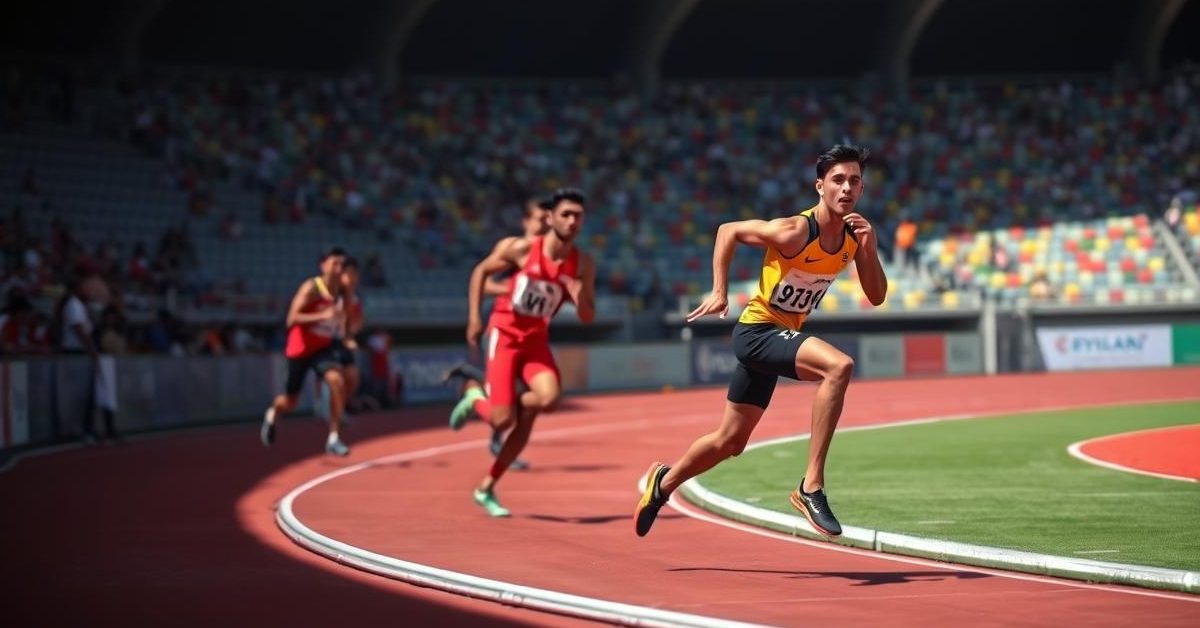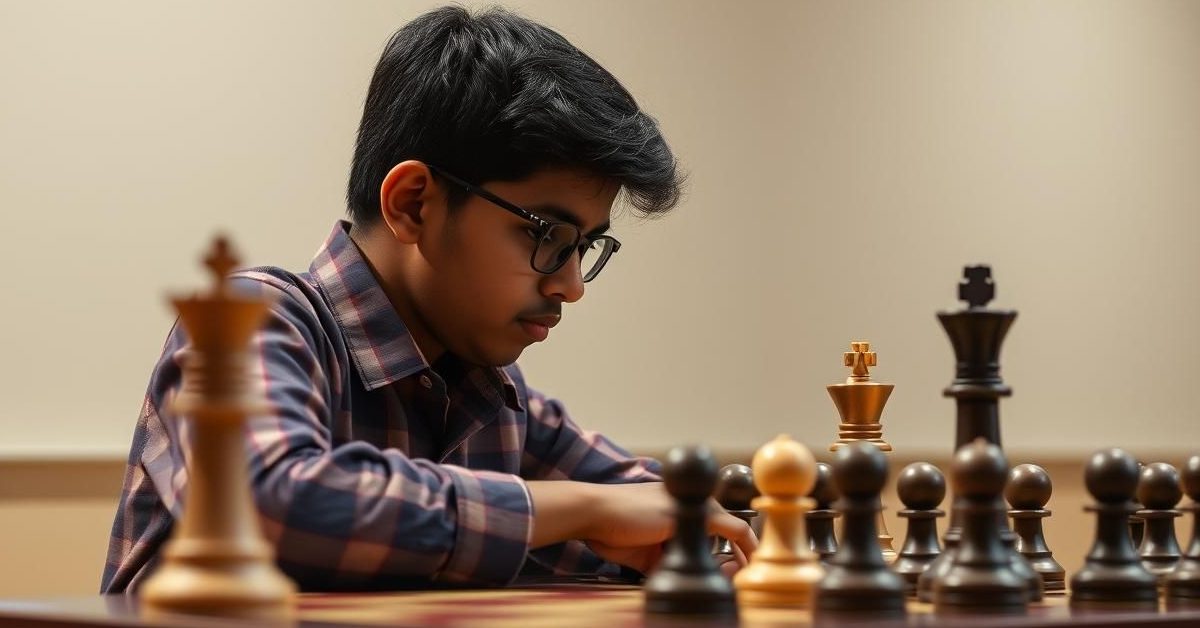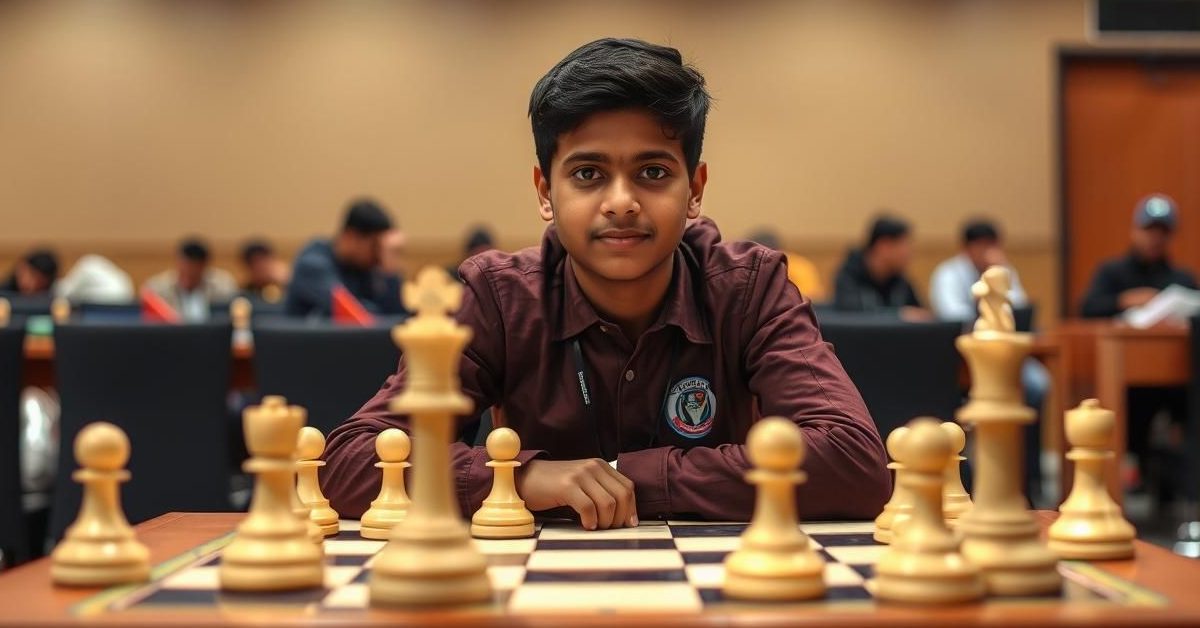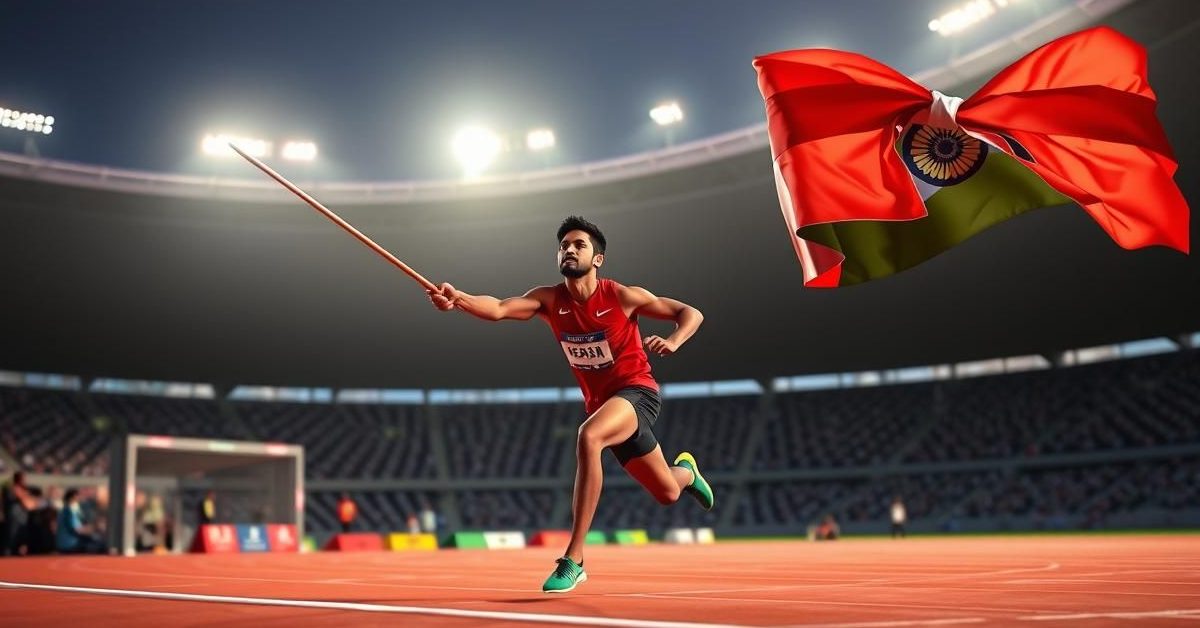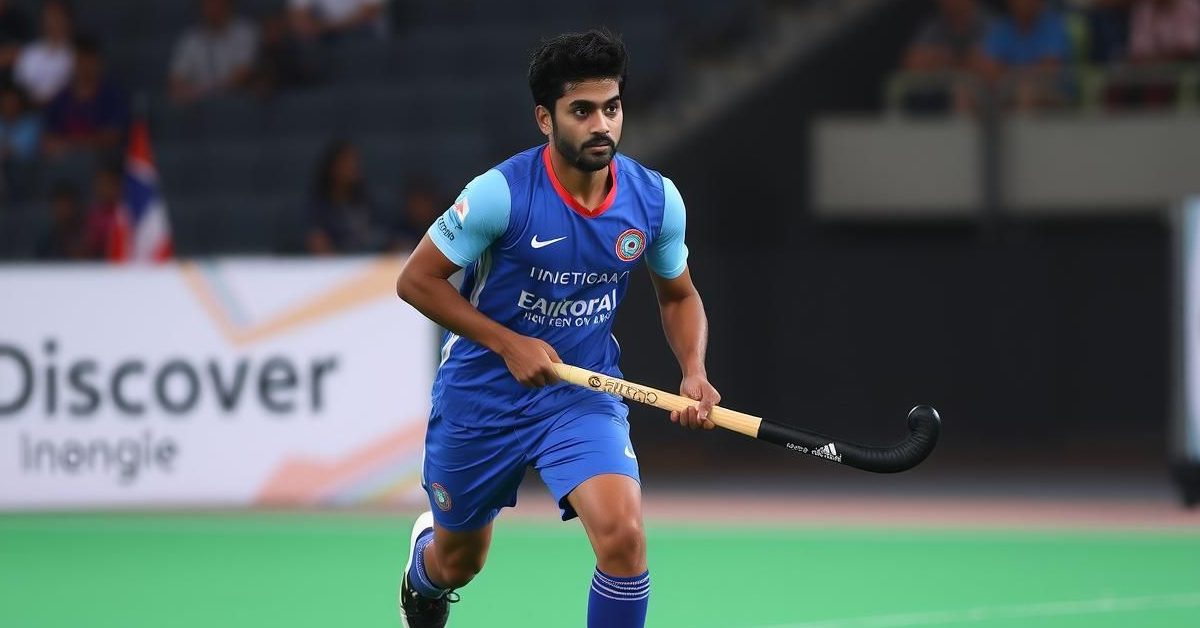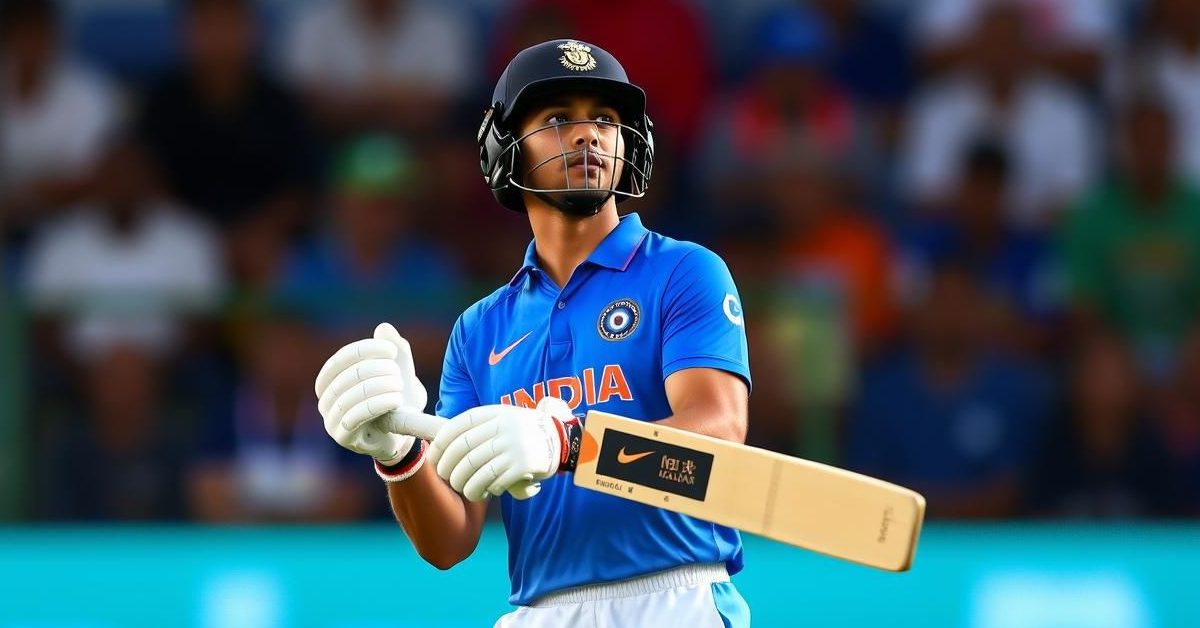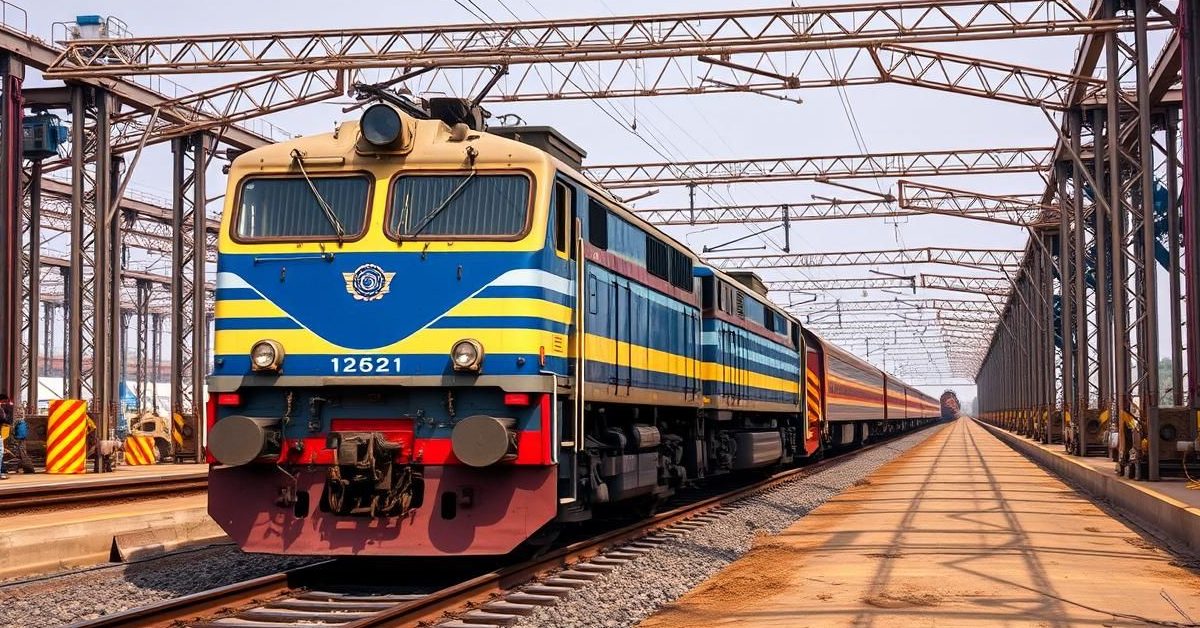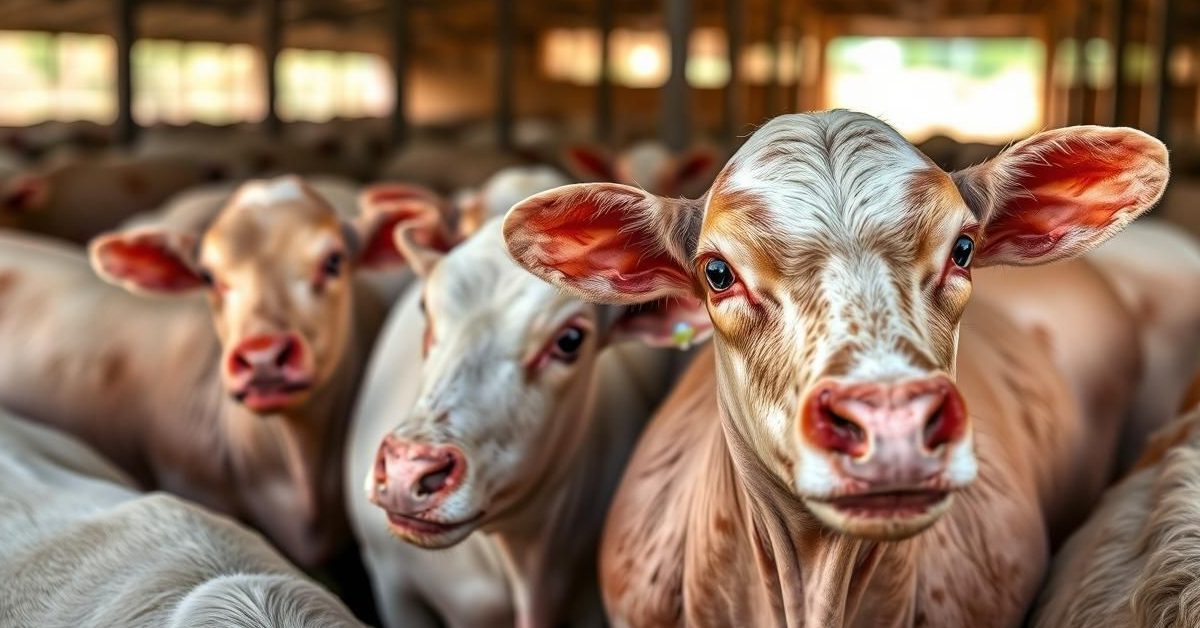The Athletics Federation of India (AFI) is ushering in a new era of strategic oversight, tightening its grip on crucial aspects of athlete development: overseas competitions and the use of food supplements. This decisive shift aims to refine the nation’s athletics landscape, ensuring resources are optimally utilized and athlete well-being remains paramount.
Transforming Indian Athletics: The Decentralised Model’s Evolving Landscape
Nearly a year after the groundbreaking decentralisation of national coaching camps, a strategic move post the Paris 2024 Olympic Games, the AFI reports significant triumphs. A surge in meet records, a remarkable increase in athletes qualifying for the Asian Championships, and a notable boost in medal tallies at the continental event underscore the model’s initial success.
However, this expansive network – now encompassing 18 training centers, a substantial leap from the previous three, including facilities run by industry giants like JSW and Reliance, defense forces (Army, Navy, Airforce), various state governments, and the six National Centres of Excellence – hasn’t been without its growing pains. Managing a decentralized system, particularly when it involves athletes training across diverse locations, presents unique challenges.
Overseas Competitions: A Matter of Purpose, Not Fashion
A core concern for the AFI is the growing trend of athletes venturing abroad for what are often deemed “low-key” competitions or even extended training stints. Lalith Bhanot, chairman of the AFI’s planning commission, articulated this sentiment at a recent stakeholder meeting in New Delhi. He stressed the need for rigorous scrutiny before approving such trips.
“It has become a fashion for coaches to go abroad, and they take athletes too,” Bhanot stated, highlighting a common rationale often cited, such as seeking cooler climates in Europe during India’s peak summer. “We have to be very careful.” The federation insists on a clear, strategic purpose for every international foray.
Distinguishing Necessity from Novelty
The AFI acknowledges that for elite athletes like Olympic gold medalist javelin thrower Neeraj Chopra, or exceptional talents such as 100-meter hurdler Jyothi Yarraji, overseas training and competition are not just justified but essential. These athletes often lack comparable competition domestically, pushing them to seek higher standards abroad.
However, Bhanot questioned the rationale for other athletes, especially those in events like javelin or 400 meters, to rush overseas when high-quality domestic competition is readily available. “If an athlete is participating in a race where the timings (of competitors) are below 45 (seconds), I can understand. But if they have to participate in a race where the athletes are running 47-plus, why should they go? What is the purpose of sending an athlete for a competition which is of very low standard?” he pressed.
Agents, Athletes, and Economic Incentives
The issue is further complicated by the influence of athlete agents. Bhanot cited the example of Sachin Yadav, the Asian Championships silver medalist, whose agent arranged two competitions for him in Finland. Despite Yadav’s talent, Bhanot suggested domestic training was more suitable, yet the proposal reached TOPS (Target Olympic Podium Scheme) due to the agent’s persistence, driven by the financial incentives associated with athlete participation.
This highlights a systemic challenge: agents financially benefit from their clients’ overseas participation, sometimes irrespective of the actual athletic benefit. Moreover, coaches too often express a keen interest in traveling abroad, muddying the waters of pure athletic development.
Food Supplements: Doping Risk and Ethical Concerns
Beyond competition schedules, the AFI is casting a critical eye on the pervasive, and often unregulated, use of food supplements among athletes. The federation has communicated its concerns to the Sports Authority of India (SAI), asserting that most junior athletes simply do not require supplements.
“Most of the food supplements we get now are less about supplements and more about doping risk,” Lalith Bhanot warned. The AFI’s plan is to identify and short-list only genuine suppliers and restrict supplement provision to genuinely top-tier senior athletes who demonstrably need them.
Misuse and Contamination: A Troubling Reality
Disturbingly, the AFI has uncovered instances of severe misuse, including coaches illicitly selling supplements intended for athletes on the open market. Bhanot recounted a shocking incident involving an Army coach at the National Institute of Sports (NIS) in Patiala, who was subsequently terminated after being caught with vast quantities of supplements, enough to obstruct his living space.
“It is a wrong concept that all athletes need supplements. It is a fashion that has come in from the gyms,” Bhanot added, underscoring the cultural shift influencing supplement consumption.
Further exacerbating the issue is the quality and safety of imported supplements. AFI President Adille Sumariwalla explained that many supplements become contaminated during the import process and subsequent repacking within India. “In India, when it is repacked, they add anabolic steroids so more people will buy it. It is a complex issue,” Sumariwalla stated, revealing the hidden dangers that athletes unknowingly face, transforming what should be a performance aid into a significant doping hazard.
